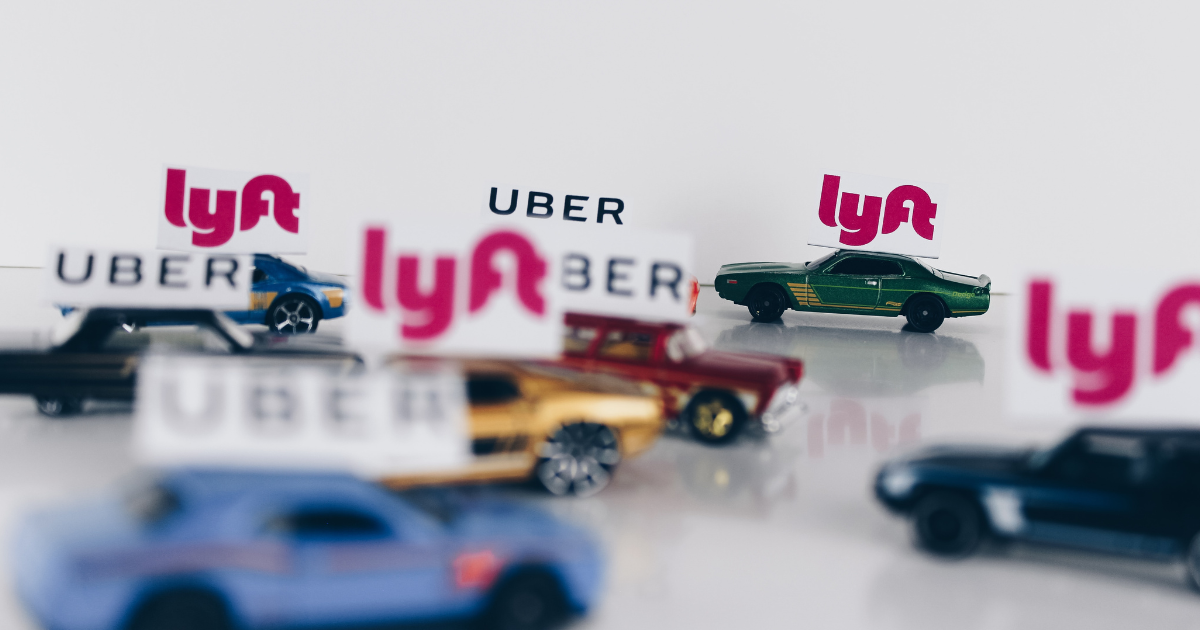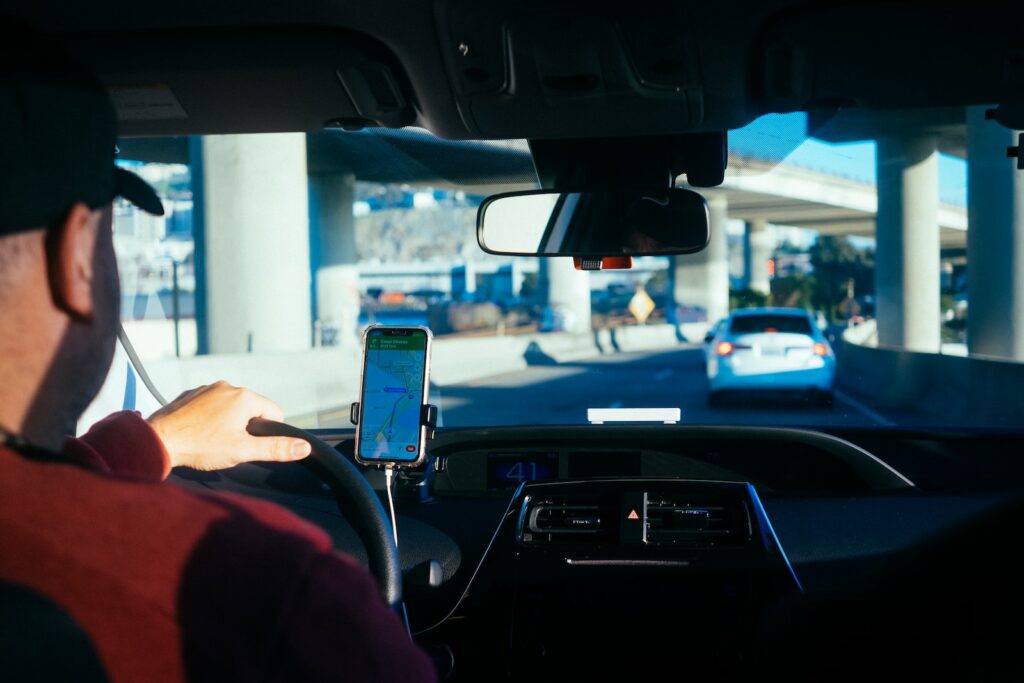
Photo by Thought Catalog on Unsplash
Uber and Lyft Must Pay $328 Million Back to Their Drivers
November 6, 2023
In a landmark wage-theft settlement, ride-hailing giants Uber and Lyft have agreed to pay a total of $328 million. The move comes after allegations that both companies withheld earnings from their drivers. The settlement was announced by New York Attorney General Letitia James, marking the largest wage-theft reparation ever secured by her office.
Under the terms of the agreement, Uber will pay out $290 million, while Lyft will contribute $38 million. I will distribute the settlement amount to drivers who were unfairly denied full payment for their services. In addition to providing back pay, the multimillion-dollar settlement also ensures that affected drivers will receive mandatory paid sick leave and other benefits.
Drivers who believe they are eligible to receive a portion of this settlement can file a claim to recover the money owed to them. The historic payout sends a clear message to companies within the ride-hailing industry and beyond, stressing the importance of fair pay and benefits for all workers, and it is expected to set a precedent for future labor practices within the sector.
Uber and Lyft Settlement Details After Years of Wage Withholding From Drivers

From 2014 to 2017, Uber deducted sales taxes and Black Car Fund fees directly from drivers’ earnings when these charges should have been borne by passengers, according to the New York Attorney General’s office.
Further complicating matters, Uber allegedly misrepresented these deductions in their terms of service. The company had assured drivers that only Uber’s commission would be subtracted from their fares and that drivers were authorized to charge passengers for any incurred tolls, taxes, or fees. However, the Uber driver app never provided a mechanism for drivers to implement these charges.
Lyft reportedly engaged in similar practices, shortchanging drivers from 2015 to 2017. The company deducted an 11.4% “administrative charge” from New York drivers’ payments, mirroring the amount of sales tax and Black Car Fund fees that should have been covered by riders.
Both companies also overlooked a crucial aspect of New York City and New York State law: providing drivers with paid sick leave, an entitlement available to employees. The magnitude of this settlement manifests the seriousness of these allegations and their implications for optimal labor practices in the gig economy.
Under the settlements, rideshare drivers are also set to experience several substantial modifications to their work terms. These changes have been crafted with the objective of offering more stability and transparency for drivers. For starters, Uber and Lyft have established a minimum pay floor, providing rideshare drivers outside of New York City with a guaranteed $26 per hour, regardless of the number of rides completed. Drivers working primarily in New York City “already receive minimum driver pay under regulations established by the Taxi & Limousine Commission (TLC) in 2019,” according to the New York Attorney General’s office.
Moreover, rights for paid sick leave have been adjusted. All rideshare drivers will now accrue paid sick leave, up to a maximum of 56 hours per year.
“This is a win for drivers, and one we are proud to have achieved with the New York Attorney General’s Office. New York has long been a leader in providing drivers portable benefits through flexible earning opportunities with its Black Car Fund, and this agreement expands upon that foundation. We look forward to continuing this work in order to provide New York drivers the independence and full range of benefits available to those in other states, like California and Washington.”
Jeremy Bird, Lyft Chief Policy Officer, via Lyft
Drivers affected by the changes can now educate themselves about the specifics of the settlement and can even apply for compensation. This marks a significant step toward better working conditions for New York City’s rideshare drivers.
Recent News
NHTSA Investigates Tesla Autopilot Again After Recent Software Update
Tesla Autopilot is once again the subject of an NHTSA investigation.
Home Depot Holds Halfway to Halloween Sale: Skelly’s Back
It’s halfway to spooky season, and Home Depot is celebrating.
Kaiser Discloses Health Insurance Data Breach
Health insurance company Kaiser is notifying millions of its current and former members about a data breach. The breach occurred when Kaiser shared patients’ information with third-party advertisers like Google, Microsoft, and X (formerly Twitter).
Satirical Site The Onion Acquired by Global Tetrahedron
The satirical news website, The Onion, has been sold by G/O Media to a group of digital media veterans.

